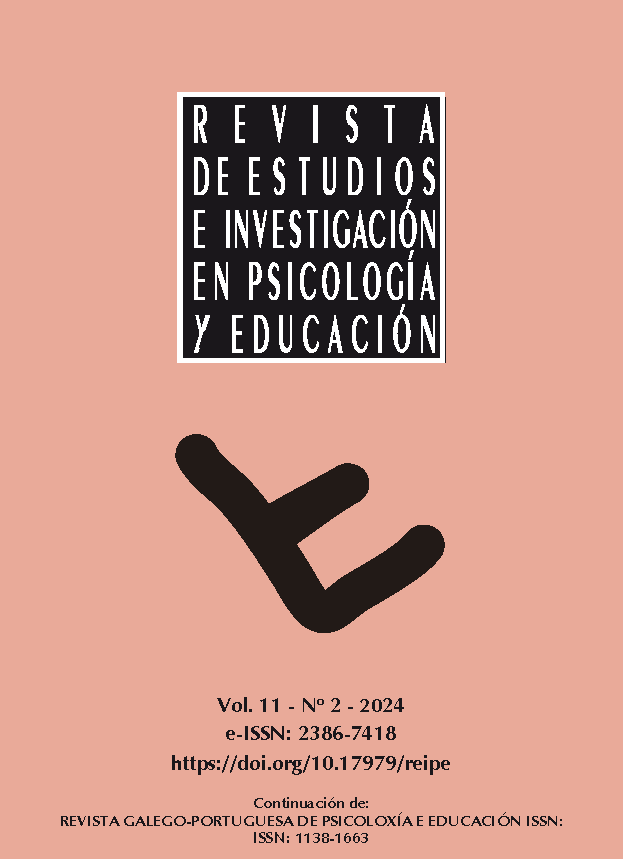Burnout parental, control parental y repertorio conductual infantil
##plugins.themes.bootstrap3.article.main##
Resumen
El agotamiento parental es un estado de agotamiento físico y psicológico, caracterizado por una fatiga extrema debida a las actividades cotidianas de cuidado. Este estado puede conducir a comportamientos negligentes e incluso violentos, actuando como factor de riesgo para el desarrollo de los niños y niñas. Este estudio se propuso investigar la relación entre el agotamiento parental, la vigilancia parental y las habilidades sociales y de comportamiento de los/as hijos/as. Se realizó un estudio cuantitativo transversal con 108 cuidadoras y sus hijos/as de entre 6 y 10 años. Los datos se recogieron mediante el Inventario de Agotamiento Parental, la versión traducida y adaptada del Social Skills Rating System y el Cuestionario de Control Parental. Se realizaron análisis estadísticos descriptivos e inferenciales con el programa JASP. Los resultados mostraron signos significativos de agotamiento parental, especialmente en la dimensión de agotamiento. Las cuidadoras informaron de que los/as niños/as mostraban niveles medios a altos de habilidades sociales, pero también signos de problemas de conducta, especialmente externalizantes. Estos resultados refuerzan la importancia de las intervenciones preventivas que reducen el agotamiento parental y promueven prácticas educativas positivas, ayudando a mejorar las habilidades sociales y a mitigar los problemas de comportamiento de los/as hijos/as, así como a fortalecer la dinámica familiar.
Descargas
##plugins.themes.bootstrap3.article.details##

Esta obra está bajo una licencia internacional Creative Commons Atribución-CompartirIgual 4.0.
Los trabajos publicados en esta revista están bajo una licencia Creative Commons Reconocimiento-CompartirIgual 4.0 Internacional.
Los/as autores/as son los titulares de los derechos de explotación (copyright) de su trabajo, pero ceden el derecho de la primera publicación a la Revista de Estudios e Investigación en Psicología y Educación, la cual podrá publicar en cualquier lengua y soporte, divulgar y distribuir su contenido total o parcial por todos los medios tecnológicamente disponibles y a través de repositorios.
Se permite y anima a los/as autores/as a difundir los artículos aceptados para su publicación en los sitios web personales o institucionales, antes y después de su publicación, siempre que se indique claramente que el trabajo está en esta revista y se proporcionen los datos bibliográficos completos junto con el acceso al documento, preferiblemente mediante el DOI (en caso de que sea imprescindible utilizar un pdf, debe emplearse la versión final maquetada por la Revista). En el caso de artículos que provengan de estudios o proyectos financiados, esto se hará en los plazos y términos establecidos por la entidad o entidades financiadoras de la investigación publicada.



